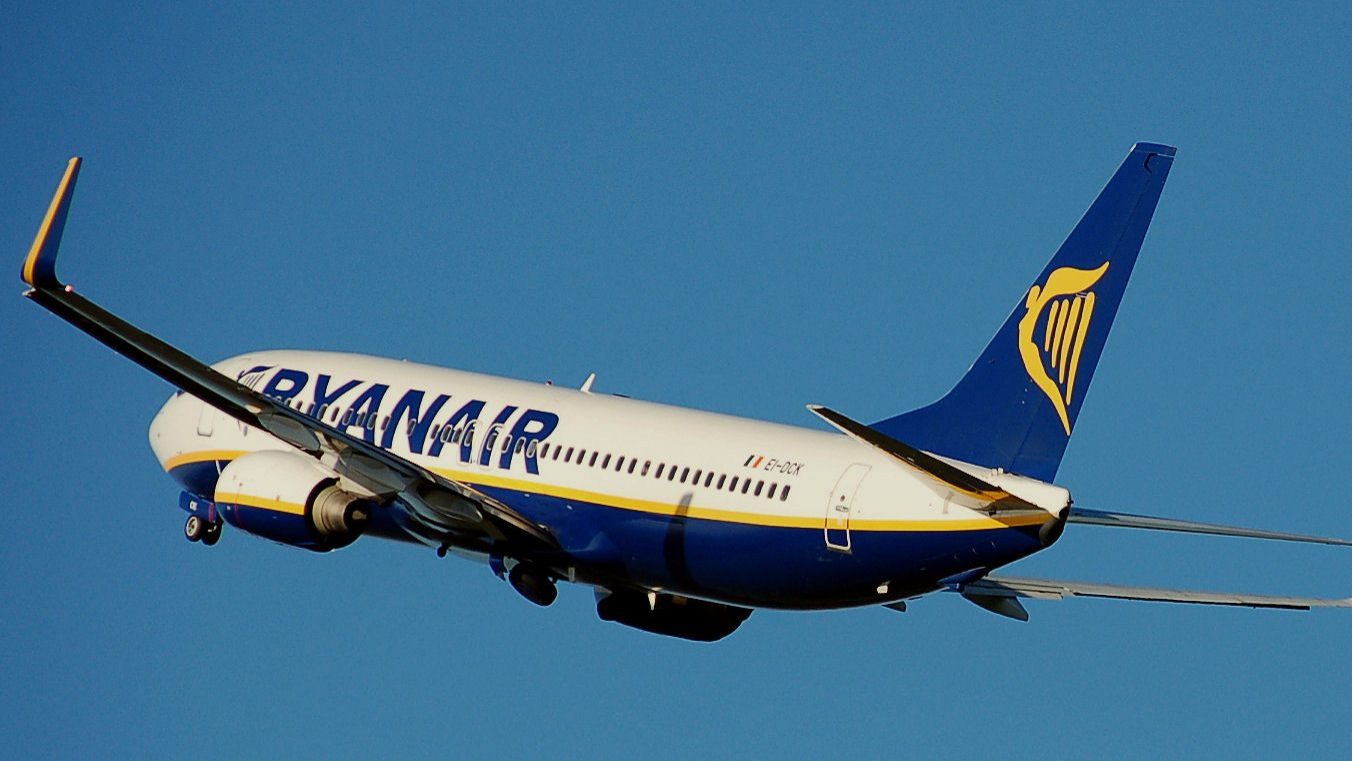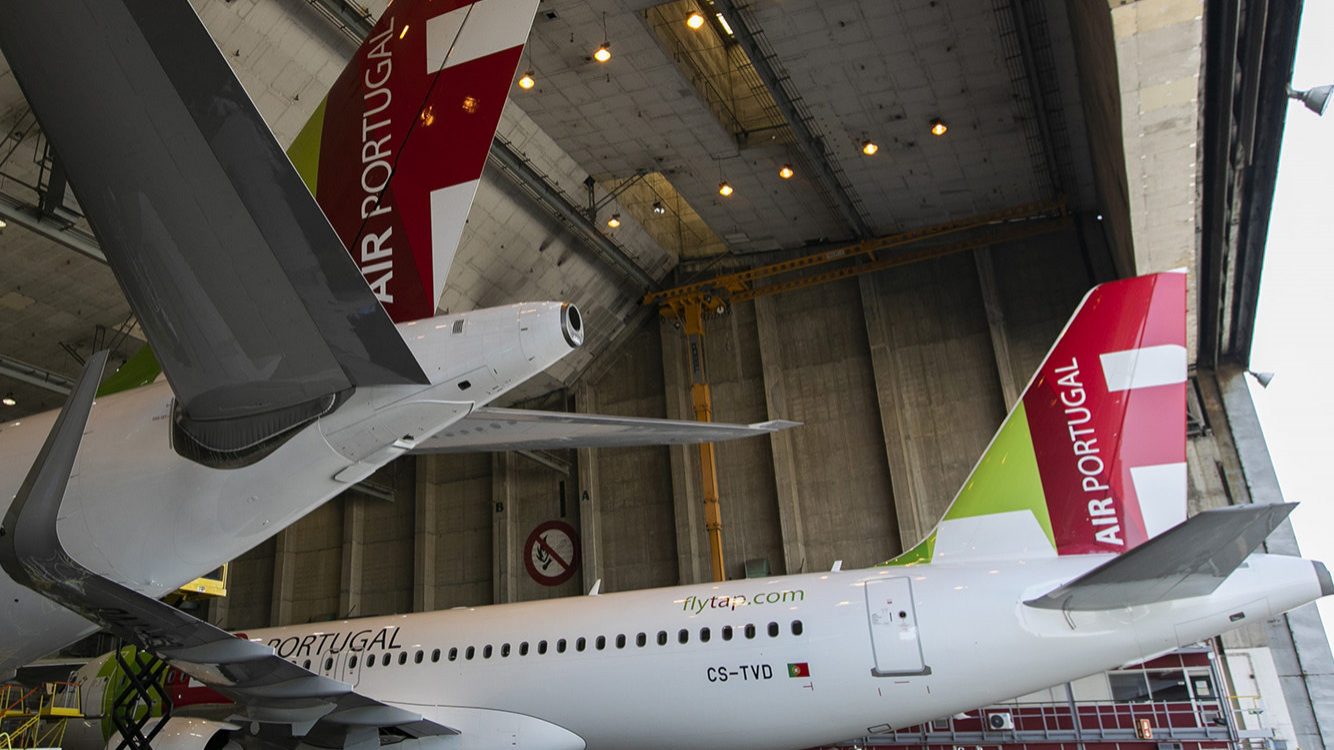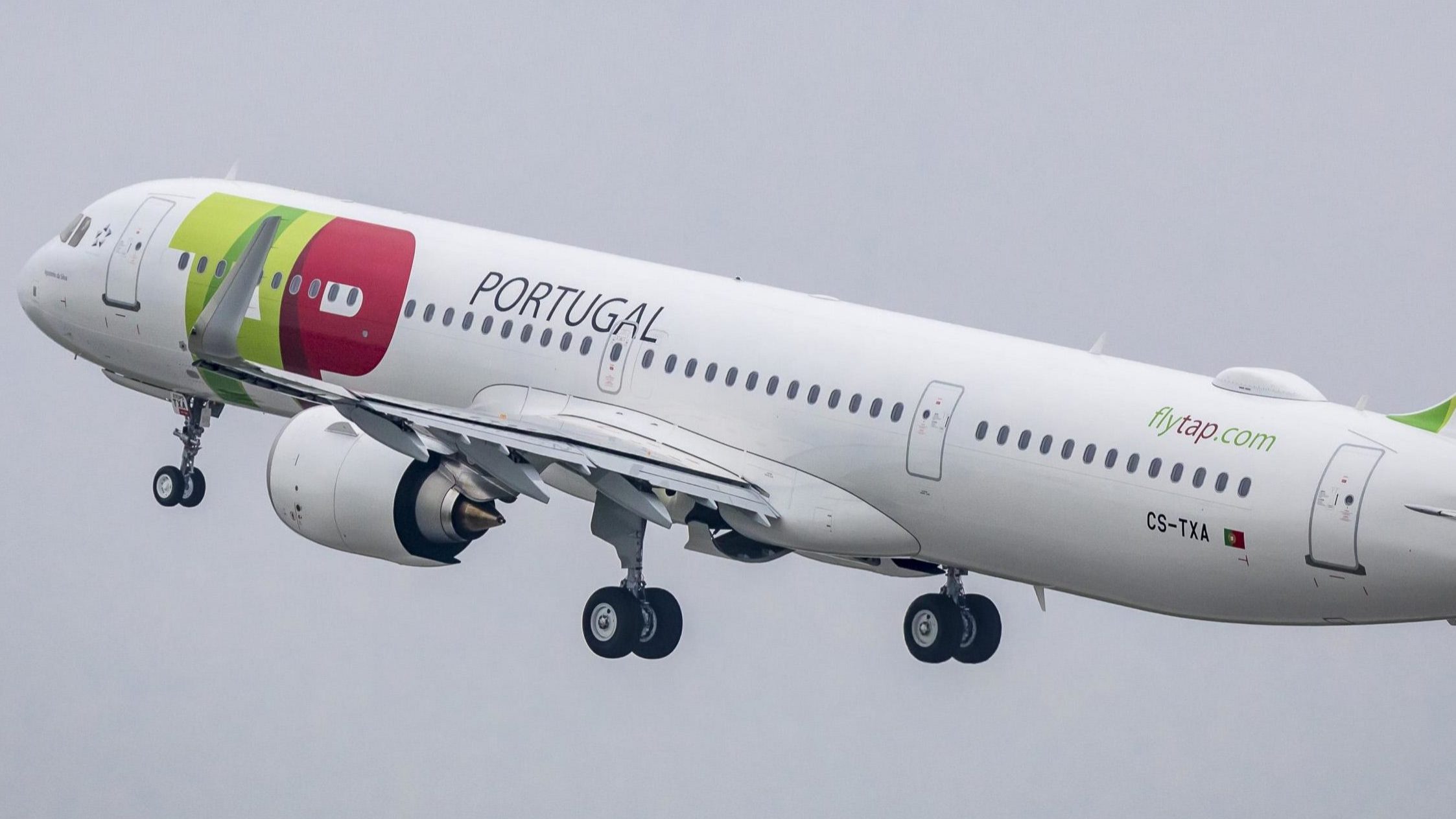Court of auditors says TAP process is not closed
"The TAP process is not closed. The Court as a principle does not intervene in ongoing cases. This is the case of the process relating to TAP," said an official source from the TdC.
The Court of Auditors (TdC) has told Lusa that TAP “is not a closed case” and that it is following the issue within the scope of its “supervisory mission”.
“The TAP process is not closed. The Court as a principle does not intervene in ongoing cases. This is the case of the process relating to TAP,” said an official source from the TdC, when asked if the institution is working on or has any audit planned of the TAP nationalisation process and the state’s capital injections.
The same source explained that “this does not mean that the process is not accompanied within the scope of the Court’s supervisory mission,” recalling that last Friday the body chaired by José Tavares “warned of the risks that exist for public finances about inconsistencies relating to the vagueness of positions on companies of a public nature.
In a set of recommendations for the next parliamentary term, released on Friday, the TdC pointed to “the costs arising from the inconsistency of the state’s participation in strategic companies, as in the case of the reprivatisation and subsequent repurchase of TAP,” among the risks of the unsustainability of public finances.
The institution that oversees public accounts recommended that the state adopt mechanisms for sharing risks, responsibilities and benefits with private partners in the context of state participation in companies of a strategic nature, such as TAP, as well as “greater monitoring and control to ensure the necessary transparency on the sustainability of the business, including in the respective strategic plan, adequate information with sufficient projection, as well as cost-benefit and risk analyses.
Audits by the Court of Auditors may be carried out on its own initiative or at the request of parliament or the government. This was the case of the TdC’s audit of the TAP reprivatisation and buyback process, released in June 2018, requested by parliament.
Under analysis was the reprivatisation operation of 61% of TAP’s capital, carried out by the government led by Passos Coelho in November 2015, through direct sale to the Atlantic Gateway consortium (of Humberto Pedrosa and David Neeleman) to meet commitments made with the ‘troika’ and enable recapitalisation and financial viability, and the repurchase by the state, carried out in June 2017, by António Costa’s executive, of the shares needed to hold 50% of the respective share capital and regain strategic control of the company.
In that audit, the TdC warned that the TAP reprivatisation and repurchase process was “regular” but “not the most efficient” because the “successive contractual changes” worsened the “State’s responsibilities” and increased the “exposure to adverse contingencies of the company”.
The report recommended that the government promote “a stable regulatory framework for state participation in companies of a strategic nature” and ensure “adequate mechanisms for sharing risks, responsibilities and economic and financial benefits with the private partner”.


